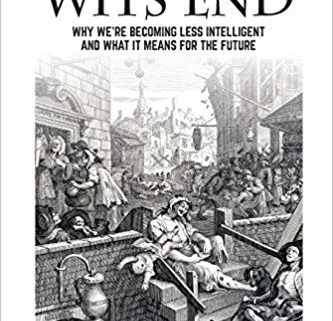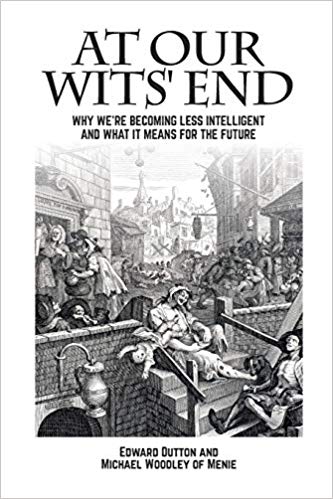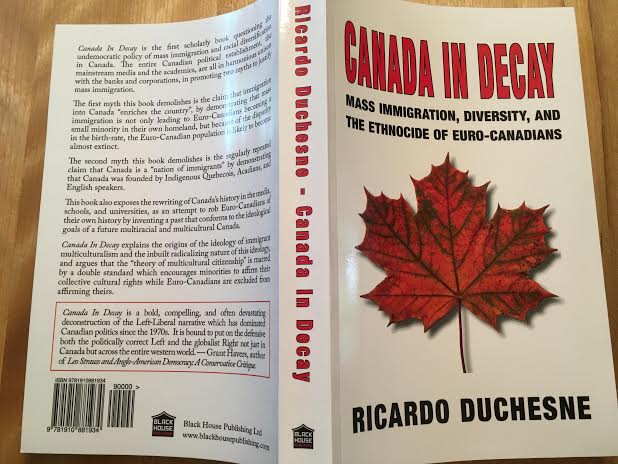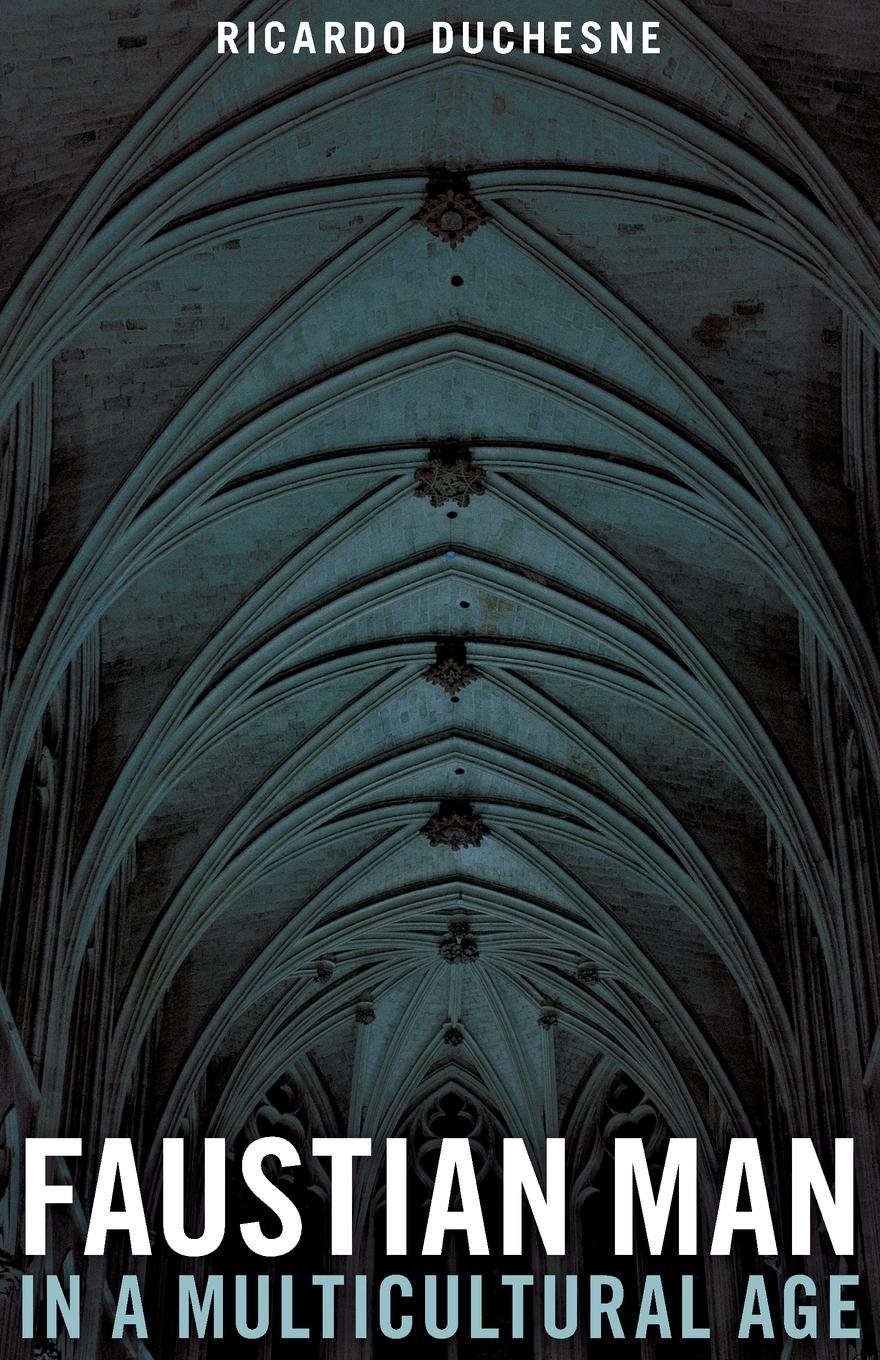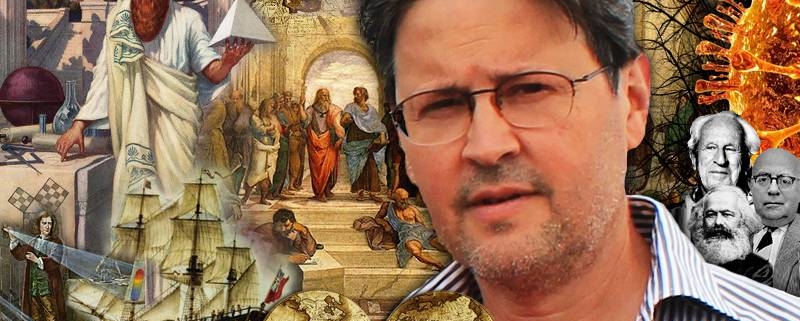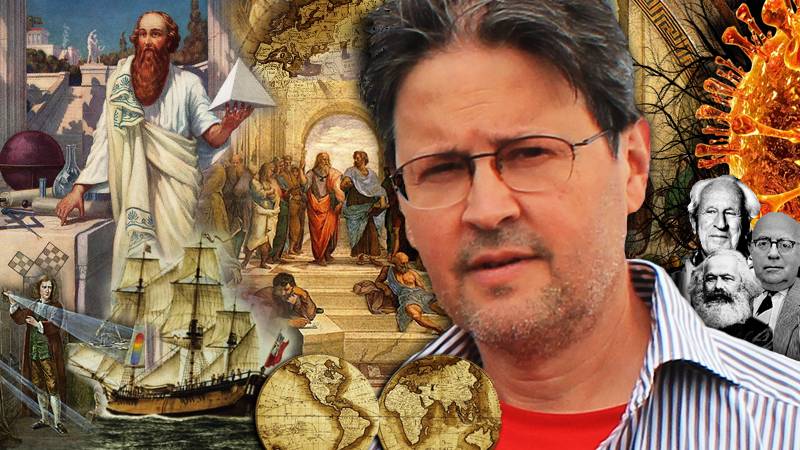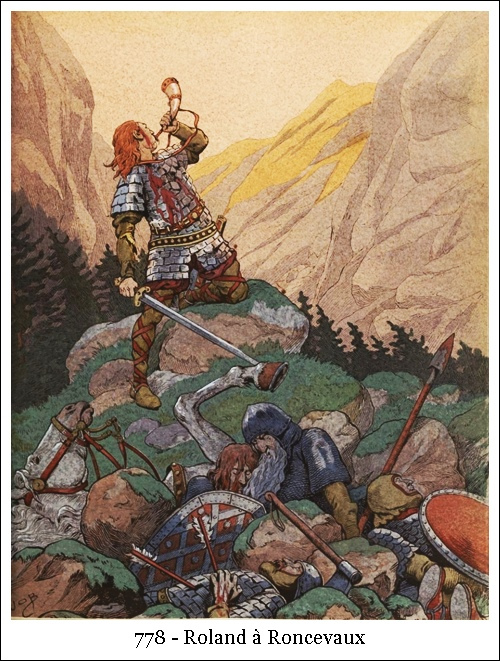Triggered by Bach: Classical Music as Implicit White Supremacy

“White supremacist” has long been the preferred Jewish epithet to throw at White people who have the temerity to do what Jews do routinely: openly advocate for their ethnic interests. This hackneyed label has always been utterly beside the point: whether Whites are superior to non-Whites has no logical bearing on the moral legitimacy of White people defending their collective interests. Having said this, everyone is well aware that the achievements of White people in countless cultural and scientific domains surpass those of other groups, and can objectively be regarded as “superior.” A conspicuous example is the Western musical tradition.
The superiority of Western classical music is so decisive one could almost rest the argument for the superiority of Western culture on it alone. There exists a hierarchy in the world of sound, as in other phenomena. Noise occupies the lowest rung in this hierarchy; it is an undifferentiated mass of sound in which no distinction exists. The lowest kind of music, say that of Australia’s Aborigines, most closely corresponds to noise. Western classical music, by contrast, exists on the highest rung because it apprehends sound in the most highly differentiated way possible. It is the farthest from noise and most fully exploits the inherent potential of the world of sound.
How well this potential is apprehended and developed can lead to Bach’s inimitable counterpoint, the extraordinary tonal architecture of Beethoven’s symphonies, Bruckner’s sonic cathedrals — or to banging on a hollow log with a stick. Besides stimulating pleasure in audiences, great classical music has an unrivalled capacity to shed light on our ontological predicament and connect aesthetic experience with the transcendental. Goethe once noted, with reference to Bach’s great fugues, where as many as five separate lines of musical argument are simultaneously sustained, that “it is as though the eternal harmony has a conversation with itself.” Only Western classical music, I would argue, can create this sublime impression.
To point out the foregoing is to trigger rage from anti-White commentators who huff that it has “long been an argument of white supremacists, Nazis, Neo-Nazis, and racial separatists that ‘classical music,’ the music of ‘white people,’ is inherently more sophisticated, complicated, and valuable than the musical traditions of Africa, Asia, South America, or the Middle East, thus proving the innate superiority of the ‘white race.’” The problem with this assessment, aside from denying the very existence of the White race, is the inability to demonstrate (or even attempt to demonstrate) that Western classical music is not inherently more sophisticated, complicated (and yes valuable) than other musical traditions. Read more


